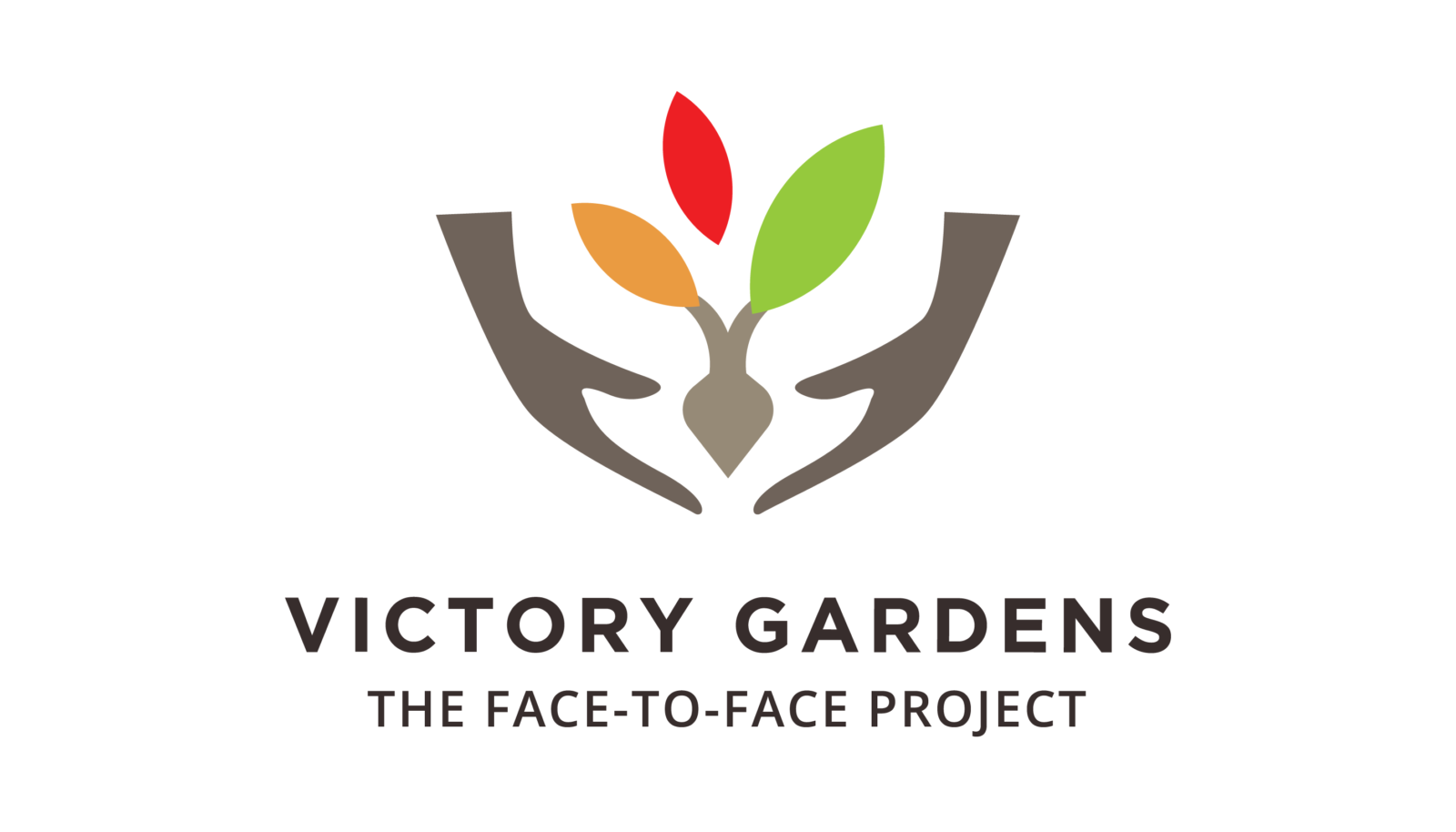
"Hunger and Malnutrition are in fact the #1 risk to health worldwide - greater than AIDS, malaria, and tuberculosis combined." - World Food Programme
Malawi and Cambodia are some of the poorest and most aid-dependent countries.
Malawi not only suffers from extreme drought, but also a series of major floods, resulting in even more hunger and poverty.
Cambodia has been ranked the 13th most vulnerable nation to climate change.
Families in both Malawi and Cambodia rely on a once-a-year harvest to feed themselves throughout the year.
This approach simply does not work.
Our Mission
The Face-to-Face Project believes the best way to break the cycle of poverty is to nurture self-reliance, and the first step toward self-reliance is to making food security accessible to everyone. Our Victory Garden Campaign aims to mobilize rural grassroots communities in Malawi and Cambodia to achieve sustainable solutions in the fight against hunger and poverty.
Through creating high-yield, low-cost victory gardens, families can reduce the risk of relying on one crop, learn how to grow enough food to eat, increase income by selling surplus food, improve nutrition, and lead healthy and fulfilling lives. Along the way, people begin changing the way they think about food security, nutrition, charity, climate change, and community resilience.

Grow what is natural to your habitat

Empower all members of the community

Scale with family-to-family knowledge sharing
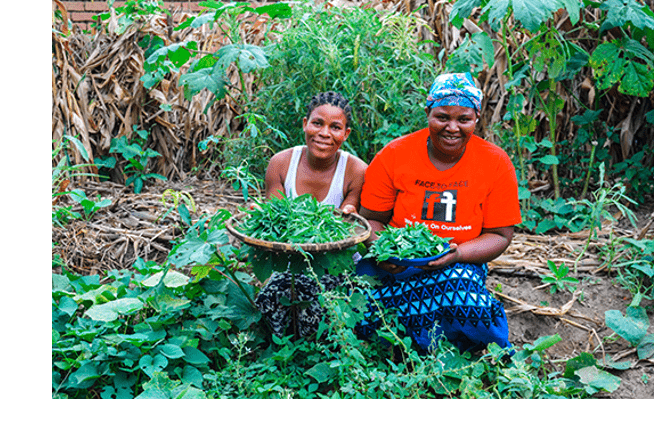
Definition of a Victory Garden
Victory gardens, are year-round gardens that grow many kinds of vegetables. While victory gardens can take many shapes and forms, here are a few general features:
1. Close to the house and can be small in size (around 3 m x 3 m)
2. Uses organic compost and manure and no chemical fertilizers or pesticides
3. Costs nothing to create and nothing to maintain (besides love and sunshine!)
4. Provides food every day of the year
Benefits of a Garden
Year-Round Resiliency
Gardens fight hunger with many kinds of vegetables year-round, eliminating reliance on a single crop. Builds resilient communities by decreasing incidents of crime since gardens are easier to protect.
Reliable Source of Income
Reduces debt and provides income from the sale of vegetables, helping families pay for things like school fees and medicine. Villagers can make up to $10 a month - at no cost to them!
Generational Benefits
Provides easy access to food for the young, disabled and elderly, even if guardians aren't home. There is improved nutrition, reducing stunting and helps fight other hunger-related illnesses.
Supports Women & Girls
Makes it possible for women and girls who walk long distances for food, which increases the amount of time spent on unpaid labor and puts them at risk of sexual violence, to now get food for their family from their home garden.
Favorite Features of a Victory Garden!
Food security for all
The Face-to-Face Project believes the best way to break the cycle of poverty is to nurture self-reliance, finding a way for food security that is accessible for everyone.
The Victory Garden Campaign helps families in Malawi and Cambodia grow more food by teaching them to create lush, diverse home gardens. This breaks people’s decades-long reliance on growing a once-a-year harvest with only one crop that requires costly chemical fertilizers and pesticides to grow, and is vulnerable to droughts, floods, and economic instability.
With victory gardens, families grow food year-round, improve nutrition, increase income, and reduce the risk of relying on one crop. Best of all, these organic gardens require no money to create or maintain, paving the way for farmers throughout Malawi and Cambodia to break the cycle of extreme poverty simply by relying on themselves to grow the food they need to feed their families.
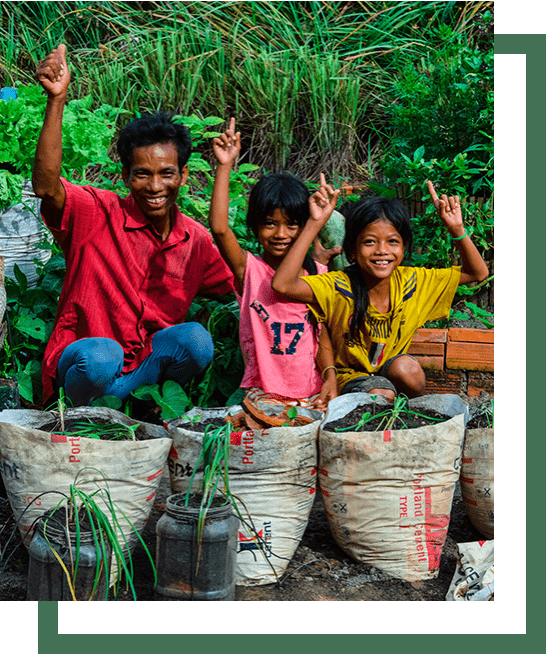
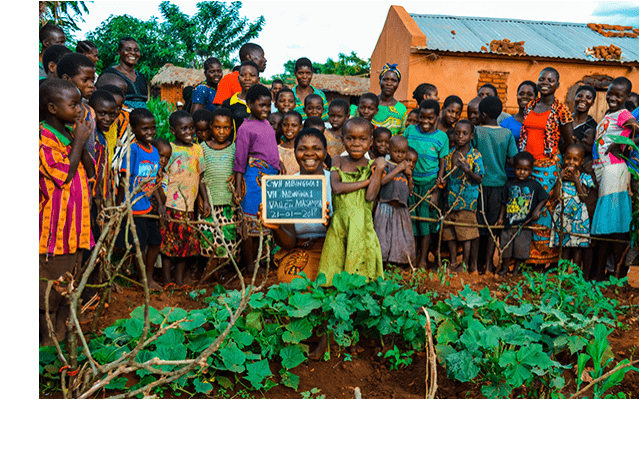
Harnessing the potential of local initiatives
Working closely with tribal chiefs and community leaders, the Campaign teaches organic, permaculture and bio-intensive farming techniques to those that need it most. Local villagers become Victory Garden Facilitators, who in turn teach other villagers to create and maintain healthy, lush, productive, multi-species home gardens. Using peer-to-peer training, facilitators conduct villager workshops every month, encouraging and inspiring people to reach out to relatives, neighbors, and friends to start their own gardens, generating a collective sense of inspiration and motivation as villages learn that they can grow enough food to avoid hunger.
In 2023, you helped us achieve...
Enable every family to create a garden at no cost
Creating and maintaining a victory garden comes at no cost to the villager as families create home gardens using materials readily available and using their own land around their home. No money is spent on seeds, fertilizers, insecticides, rental land, or transportation. Your support covers the costs of training local facilitators and conducting garden workshops in new communities.
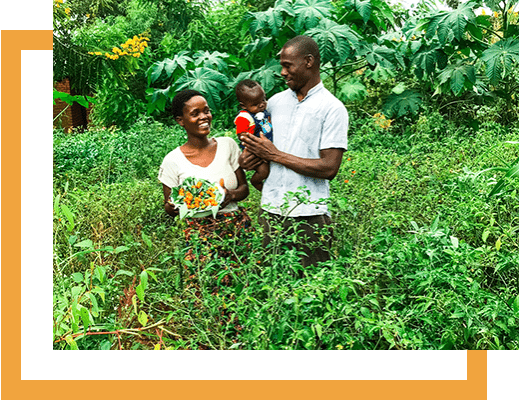
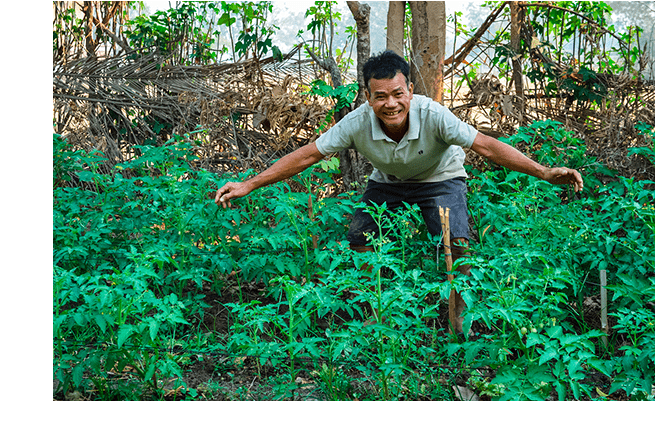
Ensure lasting benefits
Villages strengthen community resilience as their home gardens produce a constant supply of food and nutrition for the foreseeable future, as well as possible food surplus to sell. Villagers grow up to 20 different vegetables, helping them feed their families and lessen the risk of relying on just one crop. They also grow more food in their fields, previously used only for one crop, by scaling-up agro-ecology farming practices they have learned from their home gardens.
The Campaign has shown villagers can grow up to 25 plant species in a plot as small as 3 meters x 3 meters over $10 worth of food per month — a significant amount of money in a nation where people make less than $1 a day.
Chief Makulenje, from Township Tsabango in Lilongwe Malawi
"Our lives have completely changed. We no longer travel long distances looking for vegetables. Now we save money and channel it to other things such as school fees, medicine, soap & salt."
Help us make a difference in more lives.
